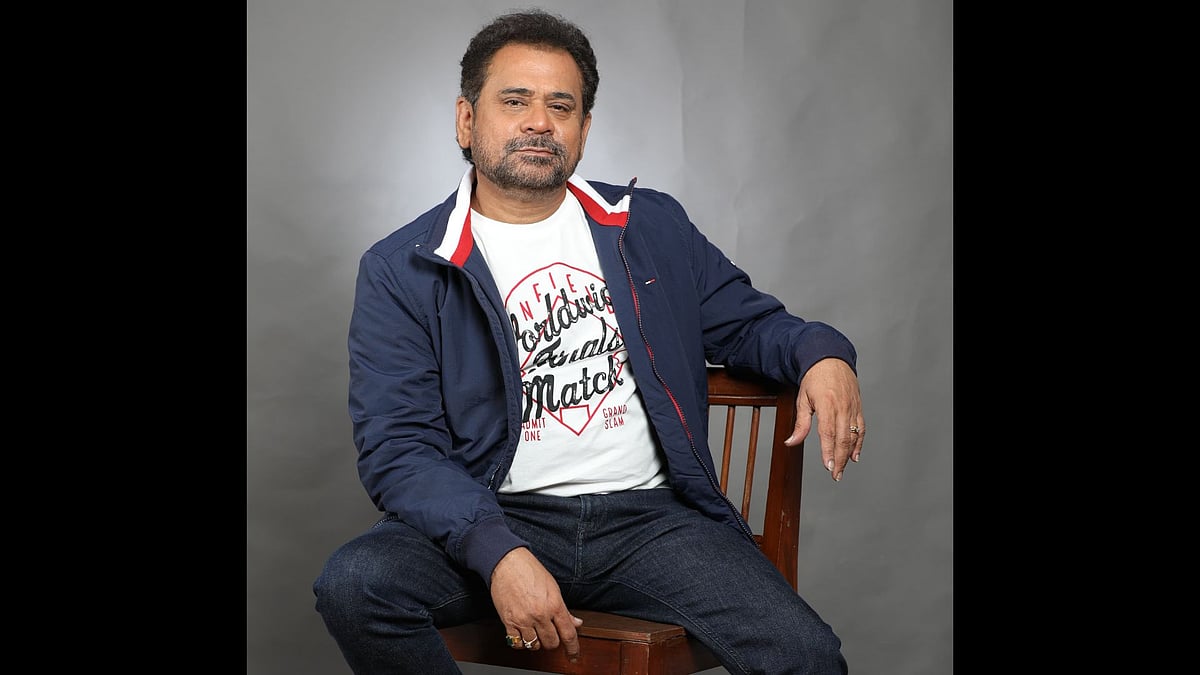With the coronavirus pandemic creating an economic dent, investment possibilities for future must be revisited, since many are now undergoing varied monetary issues.
What went wrong?
Dipika Jaikishan, is the co-founder-COO of Basis, a community and content-driven financial services platform for women. She reveals, “Many did not prioritise saving for future needs and were living paycheck to paycheck. This with unaccounted for lifestyle expenses has played a huge role in leaving people in a lurch. What we are seeing last occurred at this scale in 2008 and 2009. However the impact is much larger this time around, considering the nature and volume of jobs that have increased over the years. Also, as consumers, we were also getting used to using credit.”
Ishaan Khosla and co-partner Sanil Sachar run Huddle, a sector agnostic incubator investing in start-ups and in further investments. Ishaan reveals, “The impact on the financial markets has left those with large exposure to public markets in a soup since it altered their entire defence in terms of long-term gains that the market has been showcasing for a while in India. Lack of diversification among investment classes is the real crux of the problem here.”
Rachit Chawla, founder-CEO, Finway, is a registered financial advisor with SEBI and certified Investment Adviser from National Institute of Securities Markets. He thinks the biggest mistake is of acting under emotions. “There was so much negativity in the beginning as the markets kept on falling. Many made the mistake of withdrawing their wiped out capital. Everybody knows that the market runs keeping in mind the future, and if they have good debt-free stocks, they should have remained invested. Secondly, people thought that the markets absolutely are going to continue to crash, but looking at the current scenario, it almost came back to a level of 10,800. Thirdly, people did not foresee this coming, so a lot of them might have had business growth plans. They did not have a cash reserve. So they got stuck in terms of money and investment.”
Swastik Nigam and Prateek Jain are the founders of Winvesta, a new global investment platform allowing Indian users invest in fractional shares abroad. “There is also a lack of diversification across asset classes and geographies. Real estate, FDs, and physical gold are the still the assets of choice. However, at times like this, it is hard to partially liquidate them and get cash for unexpected needs,” says Prateek, Co-Founder and Head – Americas, Winvesta.
General attitude
Regarding handling investments, Ishaan reveals, “Individuals and businesses, on the whole, are facing problems due to over-exposure. With markets looking up, often times the positive sentiment leads to aggressive bets which may not play out well if the market turns.”
Dipika has seen increasing queries like building an emergency fund and health insurance. “Households are re-visiting their cash flows to see how long they could have liquidity available to maintain their basic standard of living. Financial planning concepts have unfortunately become evaluation points in most lives. As we hear that the worst is yet to play out, feelings of anxiety and uncertainty are now switching to more problem-solving, and having an attitude of preparedness.”
Swastik, CEO, Winvesta, rightly states that Indians are trained to saving. “Budgeting and investing are not always on the top of our minds. Another attitude is making long-term investments in low-risk, low-yield assets. On the other hand, risky investments are often considered short-term opportunities. This is precisely the opposite of sound investing principles.”
Rachit finds the general investment attitude as positive. “However, as soon as the money gets invested, even a slightest deviation from your plan will cause an emotional upheaval, and you’ll end up making the wrong decision. They should have the attitude to be fearful when others are greedy and be greedy when others are fearful. When it comes to budget, people underestimate the kind of expenses they might incur, and they overestimate their incomes or return on investment.”
What to do
Rachit strongly suggests one to understand the power of compounding. “They should never touch their investment or savings, because that has to be used only in emergencies. Choose the right investment and then just leave it to compounding.”
For Prateek, the overarching investing principle has to be diversification across asset classes and geographically. “The weight allocated to each asset class could depend on individual risk profile and investment objectives. Another principle is to be objective and consistent. Invest consistently over time to average in, and have clearly defined thresholds of risk to get through volatile markets.”
Ishaan, too, supports balance, diversification and understanding one’s risk appetite. “For the near future, the goal for all should be to mitigate any many non-essential expenses and capital expenditures, unless there is a clear path to recovery.”
Dipika rightly states that the only lesson here is financial preparedness. “In terms of job losses, if you are a double income household, revisit consumption. For those fortunate enough not faced with any impact, revisit your financial goals. Establish your top three financial goals and understand what savings and investments will help you achieve them. Those in salaried jobs have the benefit of your EPF contributing to your retirement corpus. For those in early stage start-ups or freelance positions, definitely consider investing in the PPF along with a combination of an SIP in a fund aligned with your goals. Structured, disciplined, diligent savings and investments go a long way in leaving you with control on your money.”
For future monetary outlook, Dipika feels it’s vital to ‘establish objectives for investments and then act on them’. Ishaan feels the pandemic has made all more grounded, look at liquidity and planning investments/expenditures accordingly and believe in ‘cash in hand’. Pandemic safe investments are safe and sound.











